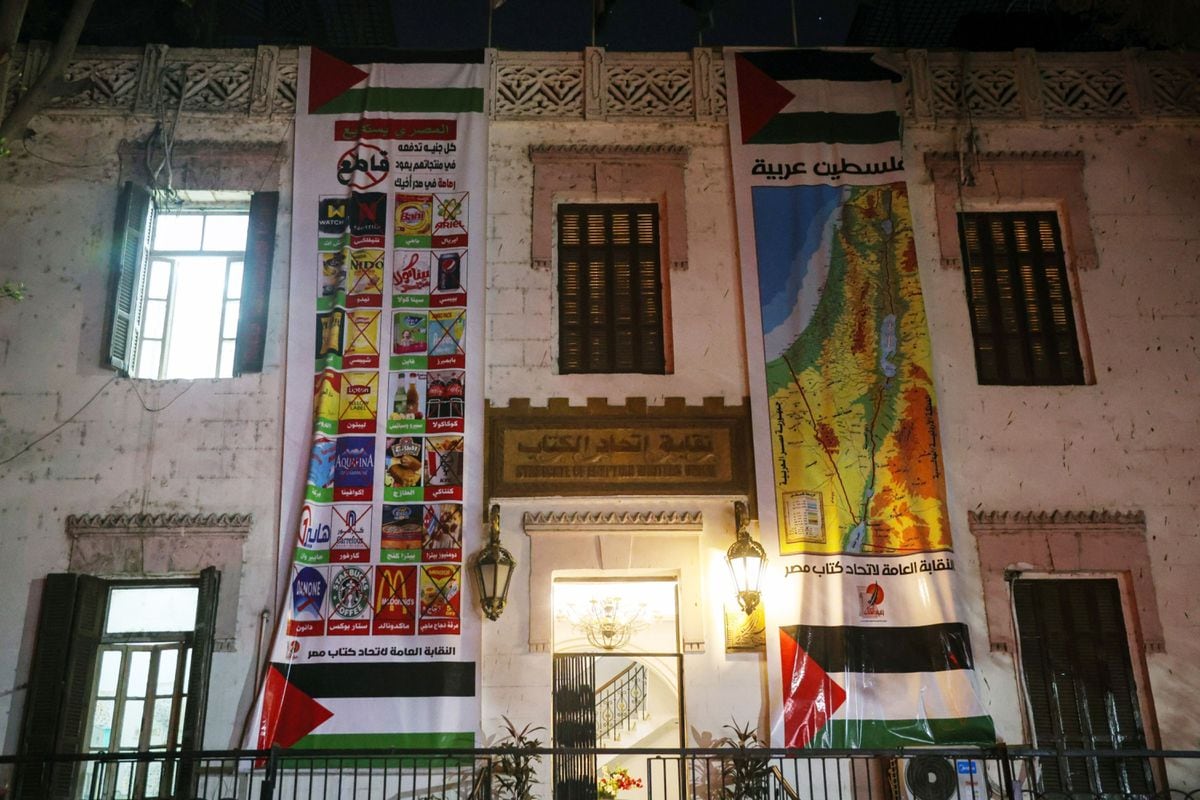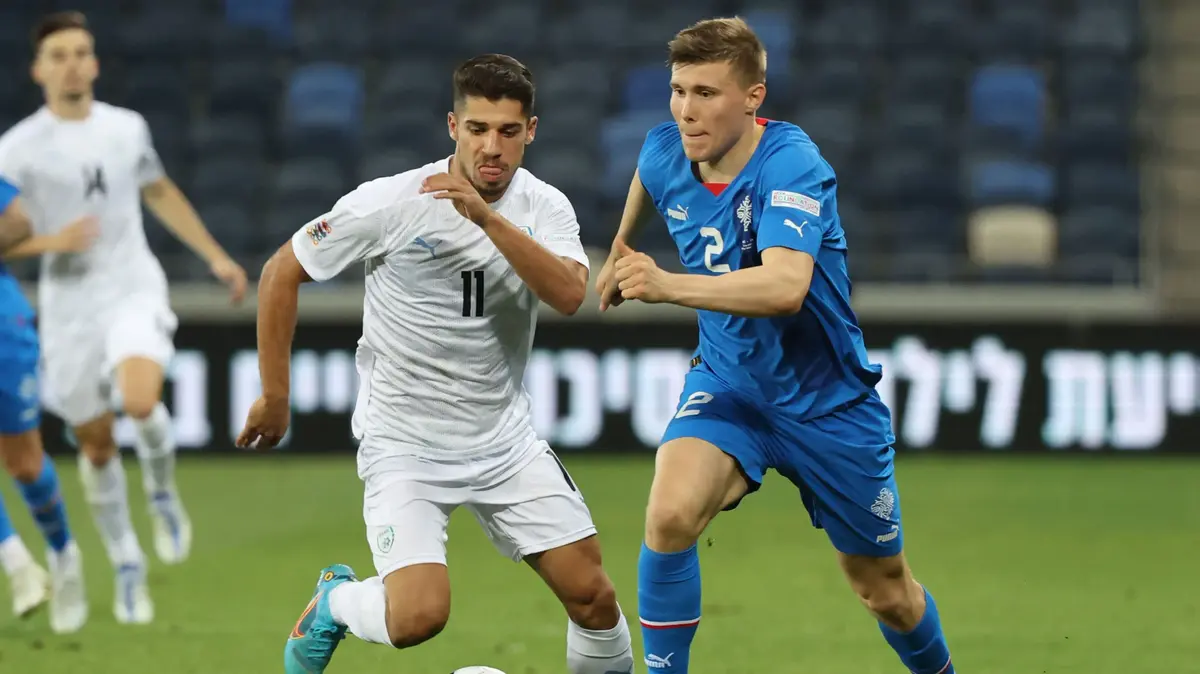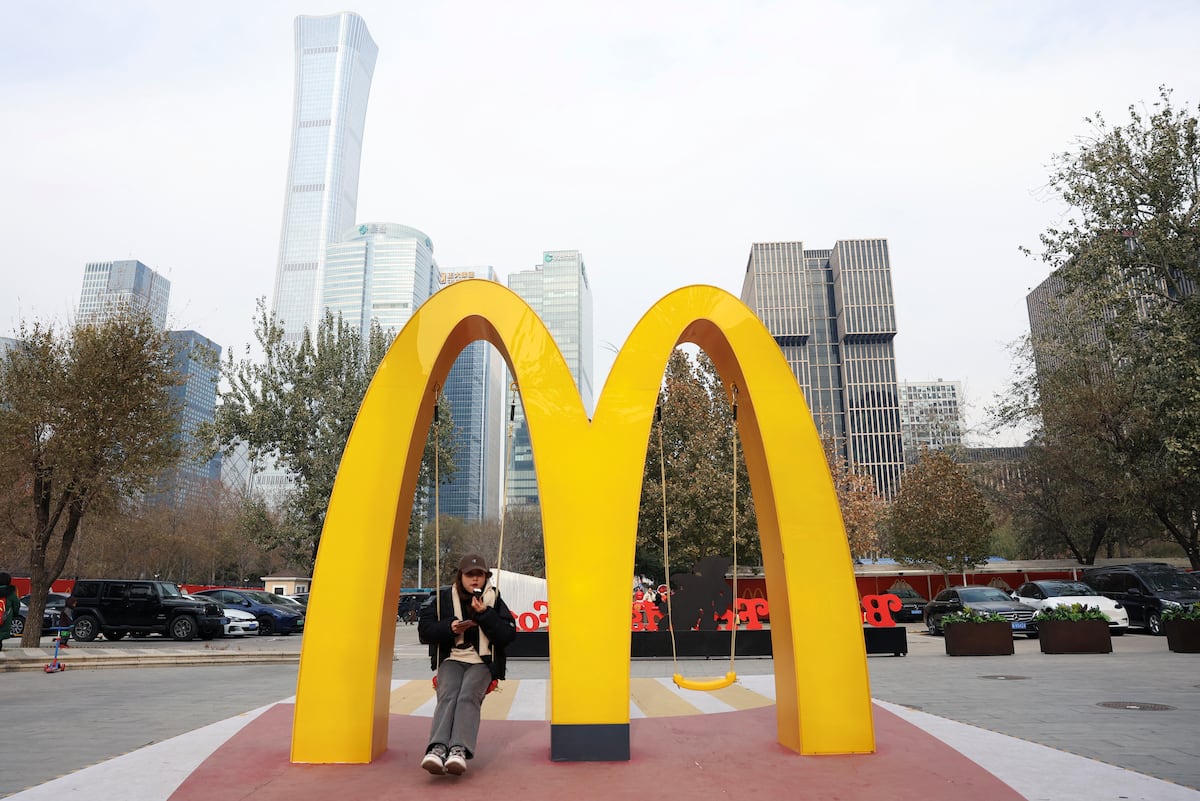World Cup, energy and human rights, how should we deal with Qatar?
The Middle East expert Sebastian Sons explains in an interview why the World Cup in the Gulf must also lead to a new policy in Germany.
Munich – German-Qatarian relations have become closer this year.
Economics Minister Robert Habeck and Federal Chancellor Olaf Scholz made guest appearances in the Gulf, Qatar's Emir Tamim bin Hamad Al Thani visited Berlin and also met Federal President Frank-Walter Steinmeier there.
Such visits are "obviously necessary for energy policy reasons," explains Middle East expert Sebastian Sons, with a view to the planned energy partnership with Qatar.
He has written a book about Germany's relationship with Qatar and other Gulf states.
In an interview with
Merkur.de
by
IPPEN.MEDIA
, the Islamic scholar sees a "discrepancy between public discourse and actual political dealings" and therefore calls for a "new policy with a view to Qatar and the Gulf region".
There are opportunities for cooperation, but at the same time the federal government should also identify "red lines".
Sons also explains which part of the German Qatar debate in the Gulf is perceived as "overbearing and arrogant".
Mr. Sons, in your book you describe the handling of the Qatar World Cup as a "symptom of chronically ill politics in our country".
What is Germany doing wrong?
If you want to make credible human rights policies, what you say should not differ from what you do.
Germany continues to do business with Qatar despite public denunciations that human rights are being trampled on in Qatar.
Dealing with autocracies is always a balancing act and problematic.
This discrepancy between public discourse and actual political dealings does not go together.
A new policy is therefore needed with a view to Qatar and the Gulf region.
The World Cup offers momentum for this.
What might this policy look like?
In general, Germany must ask itself the question of how to deal with problematic partners.
On the one hand, many of the actions of the Gulf States have to be critically examined.
This is a very difficult region, with autocracies.
But the Gulf States have become so important in the last 10 to 15 years that you can no longer ignore them.
Therefore, Germany should work together with the Gulf States in certain areas, such as renewable energies or migration and development policy.
Does that mean that Germany should approach the Gulf States more?
Due to the war of aggression against Ukraine, Germany is forced to diversify its energy supply.
You very quickly end up in countries like Saudi Arabia and Qatar.
That's why Olaf Scholz was there recently.
But one should not go from one extreme to the next, namely from demonizing these states to a very close partnership.
Rather, it is about a value-oriented, human rights-based and pragmatic, interest-driven policy.
Both poles can be better reconciled in certain areas.
Possible cooperations do not mean that you have to throw your own values overboard.
However, one should seek dialogue and act in foreign policy instead of reacting.
Throw in Qatar
This text is part of our theme week for the soccer World Cup in Qatar.
In the next few days we will also be offering you sport-political background reports on Qatar on all IPPEN.MEDIA portals.
Sebastian Sons: "A political boycott is simply not possible"
Qatar seems to be becoming more important as a result of the Ukraine war.
Also for Germany.
Does that soften the criticism of the federal government?
Yes, I already have the impression.
At least in political communication, the Gulf States are spoken of in a more differentiated manner.
Robert Habeck, for example, tried to explain the Qatar visit from his perspective.
The public is thus realizing that a trip to Qatar is obviously necessary for energy policy reasons.
Politicians are thus facing a discussion that they have long avoided - but which at the same time could be conducted even more intensively.
There are always discussions about a political boycott, similar to the Olympics in China.
In an IPPEN survey of members of the Bundestag, German politics was split.
Do you think such a boycott would be expedient?
In the current situation, a political boycott is simply not possible.
Why not?
How to justify this boycott?
Why not travel to the World Cup while at the same time entering into economic partnerships with Qatar?
A political boycott can of course send a signal, but how do I explain that to a German and also to a Gulf Arab public?
In the current situation, that would be unbelievable symbolic politics.
But isn't there a risk of playing into the hands of Qatari PR with beautiful pictures of Olaf Scholz and Emir Tamim bin Hamad Al-Thani?
This danger exists and therefore this risk should be discussed in public.
Autocratic regimes like Qatar and Saudi Arabia try to exploit such state visits for their own propaganda.
Qatar will also use the world stage of the World Cup to put themselves in the right light.
It's part of their strategy.
German politicians and the public need to be aware of when a visit makes sense and when one becomes a plaything for Qatari PR.
This is only possible if you have more knowledge about the Gulf region and know how you can and want to work with such states - and at the same time identify red lines in dealing with them.
+
Gulf States expert Sebastian Sons travels to the Arabian Peninsula regularly.
He worked at the German Orient Institute, the German Society for International Cooperation and the German Society for Politics.
© Tagesspiegel/Imago
How to deal with Qatar?
Middle East expert Sons calls "red lines"
Which red lines should that be?
It's about three points.
First: Restrained arms shipments.
Even after Scholz's trip to Saudi Arabia, arms exports to these areas do not bring any real political gain and are morally problematic.
We should first work with the Gulf region in other areas - some of which I briefly mentioned above.
Secondly: question the actions of the Gulf States in order not to become an involuntary victim of PR.
Each cooperation should be evaluated on a case-by-case basis in order to draw up a cost-benefit analysis.
And third: A proactive strategy.
Without black-and-white thinking, but at the same time with a close look at this region in order to be able to assess in which areas we can work together with whom.
We know too little about the Gulf States, but we have to acknowledge that it has become very important to us.
How do you perceive the Qatar debate?
You can criticize a lot about the World Cup in Qatar, but you should concentrate on the essentials.
There are three levels of criticism: The very relevant human rights discussion, which must be continued after the World Cup.
The sport-political level including boycott ideas as well as the aspects Fifa and corruption.
And a kind of cultural criticism of a country from the Global South that actually has no right to host a football World Cup in winter.
This buzzing third level is perceived in the Gulf as Eurocentric, overbearing and arrogant.
Interview: Andreas Schmid
About the book: “Human rights cannot be bought. Why the World Cup in Qatar must also lead to a new policy for us”, Sebastian Sons, Atrium Verlag, published on September 21, 2022, 9 euros.









